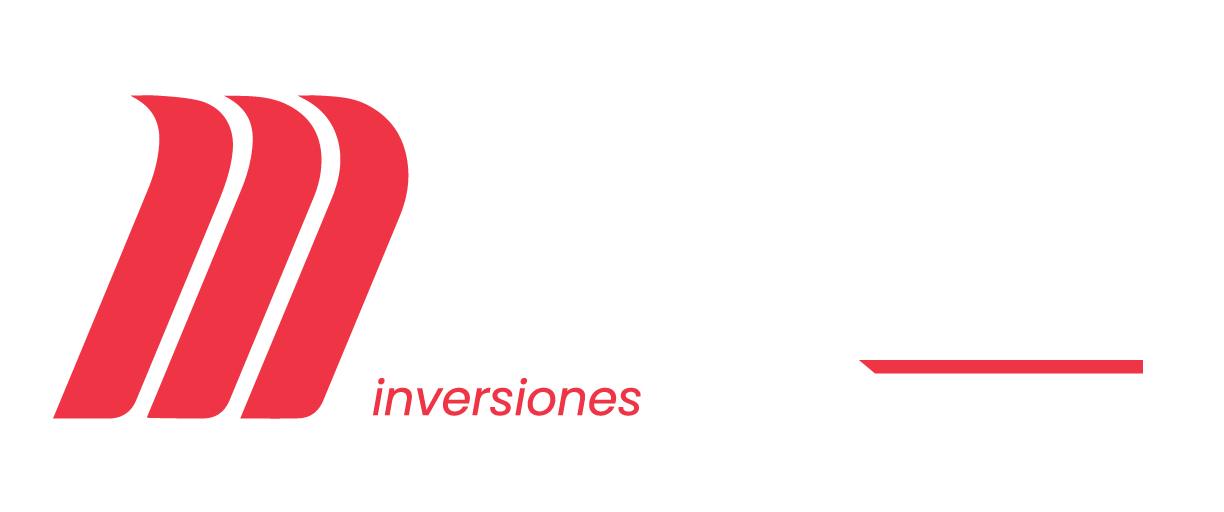The Evolution of Google Search: From Keywords to AI-Powered Answers
Dating back to its 1998 debut, Google Search has metamorphosed from a straightforward keyword matcher into a robust, AI-driven answer engine. In its infancy, Google’s revolution was PageRank, which ranked pages by means of the worth and number of inbound links. This pivoted the web apart from keyword stuffing toward content that secured trust and citations.
As the internet increased and mobile devices flourished, search conduct varied. Google established universal search to integrate results (bulletins, icons, playbacks) and subsequently accentuated mobile-first indexing to depict how people truly look through. Voice queries employing Google Now and eventually Google Assistant motivated the system to process informal, context-rich questions contrary to concise keyword series.
The ensuing step was machine learning. With RankBrain, Google set out to reading at one time novel queries and user aim. BERT evolved this by recognizing the intricacy of natural language—linking words, setting, and associations between words—so results more effectively corresponded to what people implied, not just what they wrote. MUM increased understanding among languages and channels, helping the engine to link affiliated ideas and media types in more elaborate ways.
At present, generative AI is changing the results page. Initiatives like AI Overviews blend information from varied sources to present pithy, appropriate answers, usually accompanied by citations and downstream suggestions. This lessens the need to select diverse links to put together an understanding, while even then orienting users to more in-depth resources when they need to explore.
For users, this transformation means more expeditious, more refined answers. For publishers and businesses, it honors comprehensiveness, freshness, and precision rather than shortcuts. Looking ahead, imagine search to become mounting multimodal—gracefully consolidating text, images, and video—and more individuated, responding to settings and tasks. The odyssey from keywords to AI-powered answers is ultimately about redefining search from sourcing pages to performing work.
